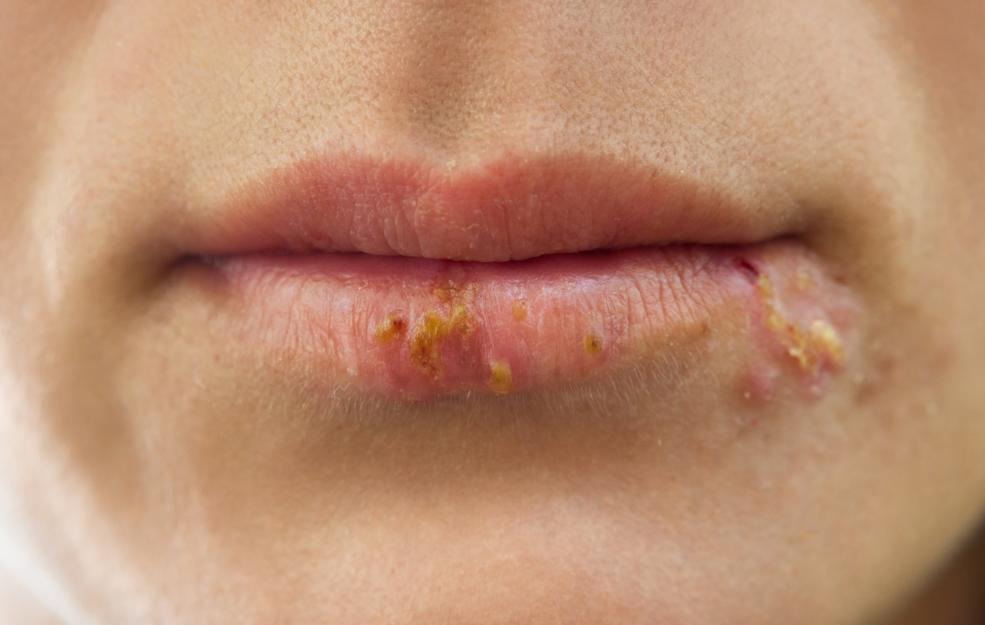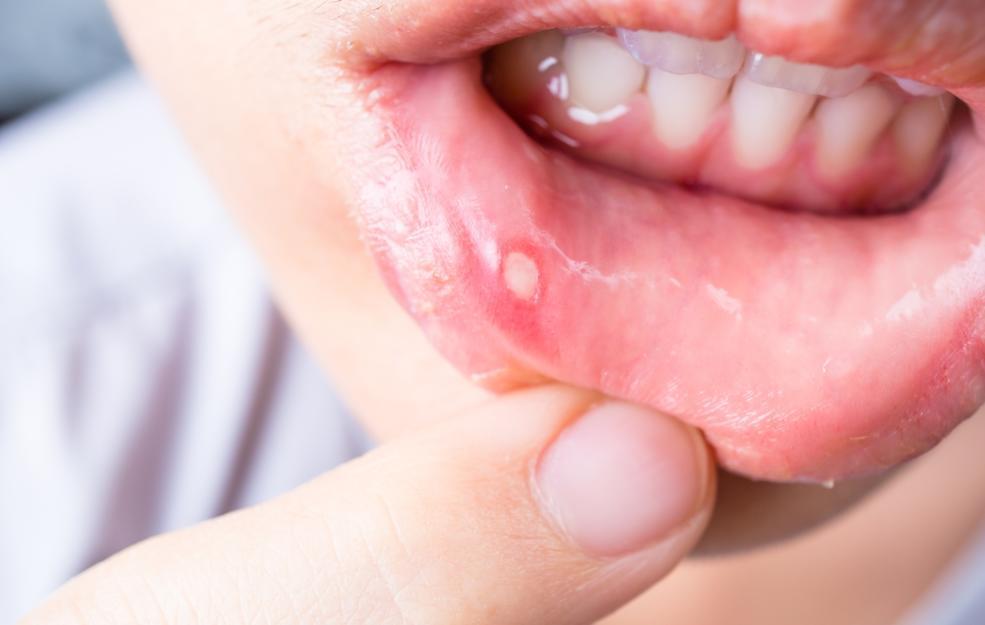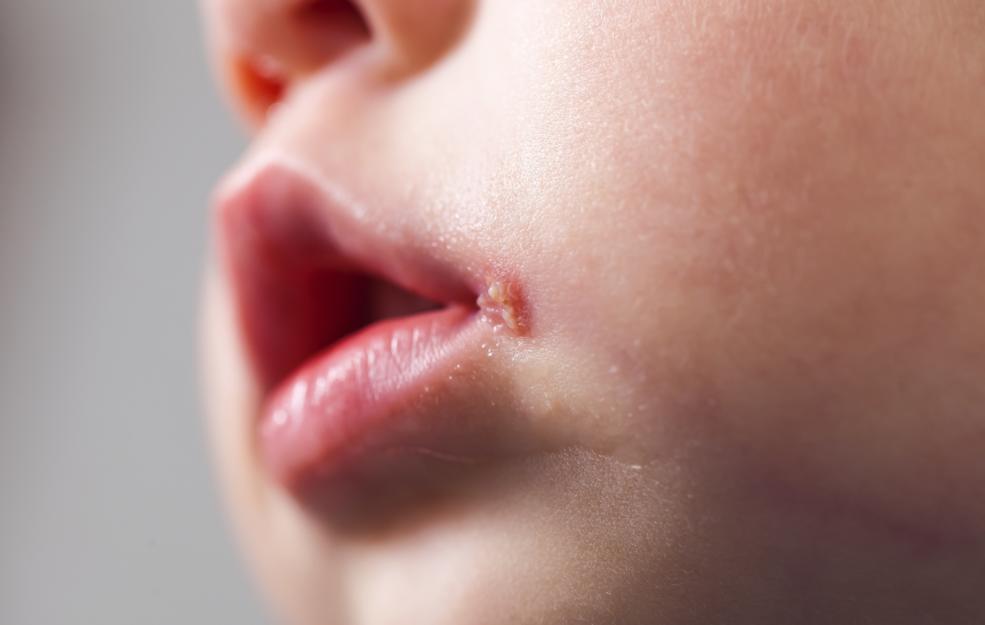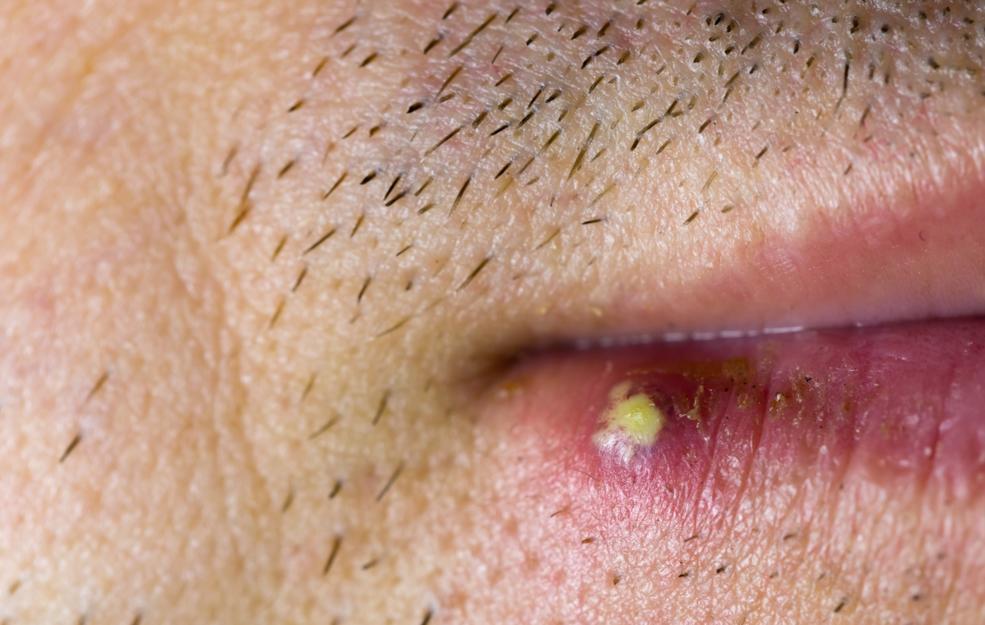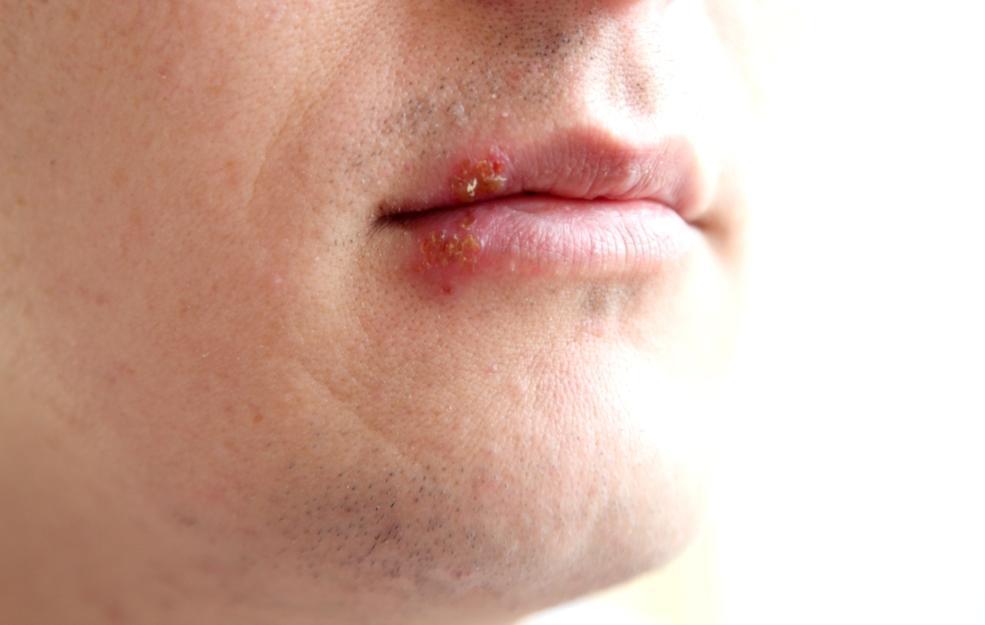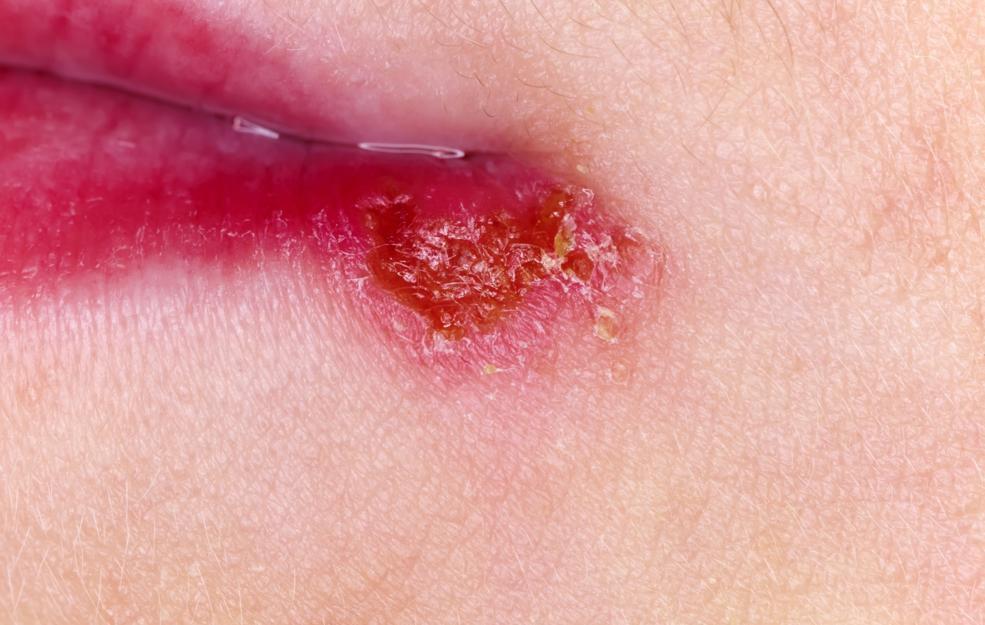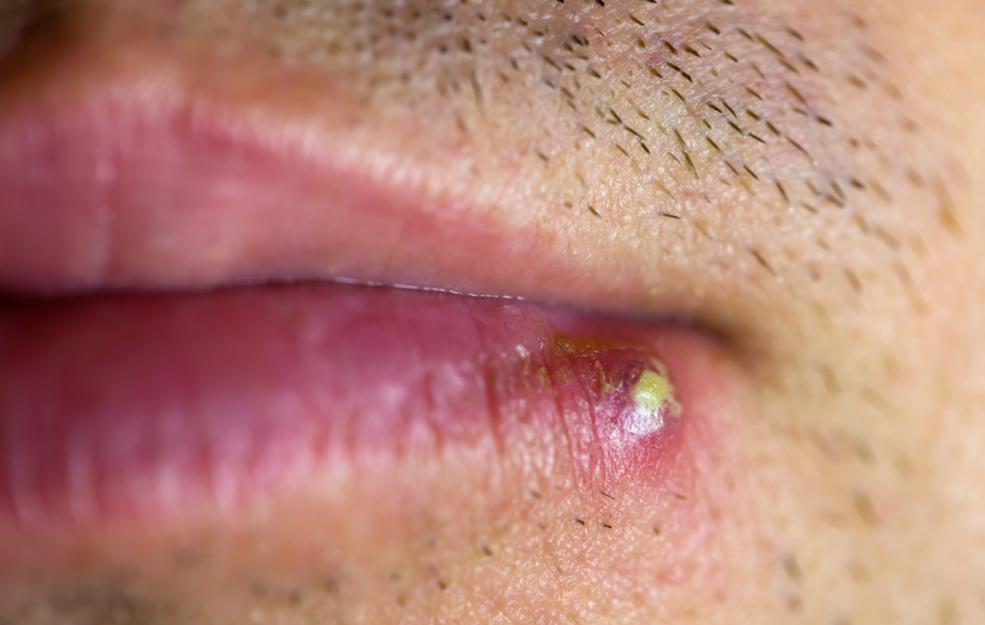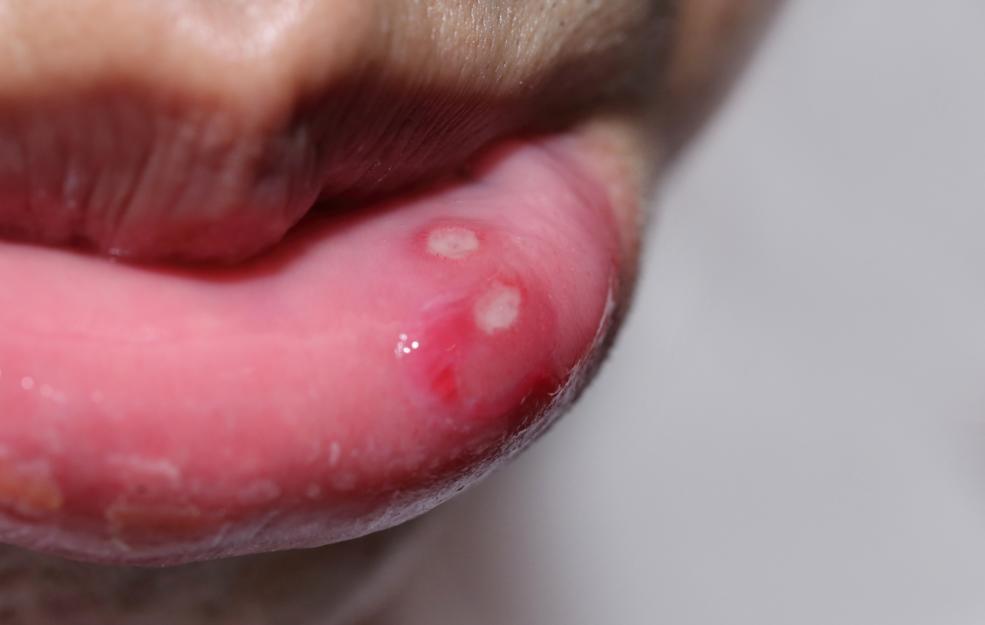Cold Sores 101: Everything You Need to Know About Cold Sores

What are cold sores?
Cold sores are due to a virus called the herpes simplex virus. This condition is usually passed on through direct contact with an individual who is shedding the virus. The sores can be too small that a person will not be able to know if he/she has the illness. The virus can be successfully passed on if it breaks into the skin or into the lining of the lip, eye, or genital area.
People can get the herpes simplex virus pretty much anywhere. The virus will enter a broken or cut skin and it will then travel up to the sensory nerves where it will stay and live dormant for as long as it can. The development of a breakout or sore may not be at the exact location where the virus has entered. The common sites for cold sores are the lower lip (usually at the edge) and around the skin of the nose and mouth.
Cold sores rarely move from one location to another. If the cold sores started to break out on the lower lip, then it is unlikely to have a break out on the nose. However, the genital area, eyes, and fingers are also common sites as the virus can also be passed on to other parts of the body.
Risks
The herpes simplex virus can be harmful to newborn babies as it can cause severe infections in the liver, lungs, and even the brain. These cases are rare, and in these instances, newborn babies may have picked up the infection from their mothers during childbirth. Newborn babies also do not have a strong immune system yet that can fight against the virus.
Cold sores and the herpes simplex virus can also be dangerous to people whose immune systems have been compromised. People with HIV/AIDS, had an organ transplant, and patients undergoing chemotherapy are all at risk of having cold sores.
However, most people can live with the virus as it stays inactive inside the body. It will remain dormant if you have a strong immune system and if nothing triggers for the virus to be active.
Treatment
By the time of the breakout, topical antiviral agents can be used, but they are not that effective in controlling the course of the condition as it is hard to penetrate the area where the virus is residing. Oral agents may also help, however, for most people, it is already late to prevent the occurrence of the lesion.
Normally, the best time to take antiviral drugs is when you get a tingling sensation beforehand. Therapy isn’t needed for many cases. Cold sores can fade away on its own without treatment. Until now, there is no available vaccine against cold sores. Treatments are only for the systemic relief, but they can’t get rid of the virus effectively.
Prevention
The best way to prevent cold sores is to avoid direct contact with a person who has a lesion. Avoid kissing and using the same things such as utensils and towels where the virus can be passed on.
If you have cold sores, avoid kissing babies. Wash your hands with water and soap. Do not touch your sores unless necessary like applying topical medications. Lastly, be aware of the factors that can trigger an outbreak like sun exposure.


